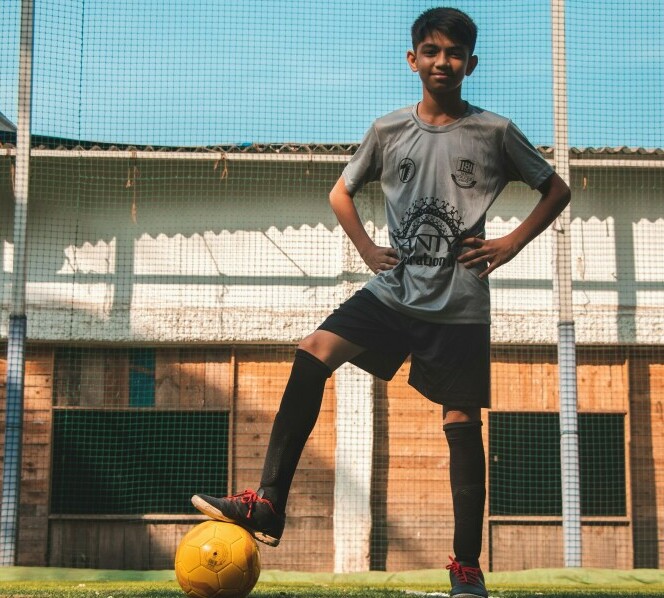
Rest and recovery aren’t just buzzwords in the sports world—they’re essentials. In soccer, understanding how your body responds to intense activity can make a huge difference in performance and longevity.
Muscle fatigue happens when muscles are tired from all the action on the field. During training, tiny tears form in the muscle fibers. Rest helps these fibers repair and grow stronger. Pushing through constant fatigue can lead to injuries, which none of us need.
Quality sleep is like hitting the reset button. It’s during deep sleep that our body releases growth hormones, crucial for muscle repair and overall recovery. Poor sleep equals poor performance, simple as that.
Hormonal balance is another biggie. When we’re not resting enough, stress hormones like cortisol spike. This can mess with our mood, energy levels, and even cause muscle breakdown. Chill time keeps these hormones in check.
Watch out for overtraining. It’s easy to mistake pushing harder for training smarter. But too much stress without enough rest can lead to burnout and poor performance. Balance is key here.
Effective Recovery Techniques for Soccer Players
Active recovery is like a secret weapon. Light activities like jogging or swimming keep the blood flowing, which helps flush out waste products in the muscles. It’s about staying moving without pushing too hard.
Stretching and flexibility exercises can’t be skipped. Static stretching post-training, dynamic stretches pre-game—both are essential. These exercises keep muscles pliable and help reduce soreness afterward.
Never underestimate good nutrition. It’s not just about what you eat, but when you eat it. Post-game meals should have proteins and carbs to refuel and repair muscles. Think of it as feeding your body the right stuff to get back in action ASAP.
Hydration really matters. Dehydration can lead to muscle cramps, fatigue, and slower recovery. Water is important, but sports drinks with electrolytes can be a good boost, especially after sweaty sessions.
Mental Rest: The Overlooked Aspect of Recovery
Mental fatigue can hit hard, even if you’re physically feeling fine. Soccer isn’t just a physical game; it’s also a mental one. Your head needs as much downtime as your legs.
Mindfulness and meditation have serious game. Taking just a few minutes a day to clear your mind can reduce stress and improve focus. Apps or guided sessions can make it easier to get started if you’re new.
Balancing training intensity with mental health is crucial. High-pressure games and intense training regimens can lead to burnout. Make sure you’re taking time to relax and do things you enjoy off the field.
Creating a stress-free environment can be a game changer. Whether it’s listening to your favorite music, spending time with friends and family, or just zoning out with a good book, make sure you’re doing things that make you happy outside of soccer.
Designing a Balanced Training and Recovery Plan
Rest days aren’t just breaks; they’re part of the plan. Skipping rest days is tempting, especially when you’re pumped to improve, but your body needs time to repair so you can come back stronger.
Using tech to track recovery can be super helpful. Wearables can log your sleep, heart rate, and even stress levels. This can give you insights into how well you’re actually recovering and what needs tweaking.
Personalizing your recovery plan is key. Everyone’s body responds differently. Some might benefit more from ice baths, while others need more stretching or different nutrition. Find what works for you.
Long-term benefits come from structured recovery strategies. It’s not just about the next game, but about your entire career. Prioritizing rest and recovery now can mean fewer injuries and better performance down the line.
